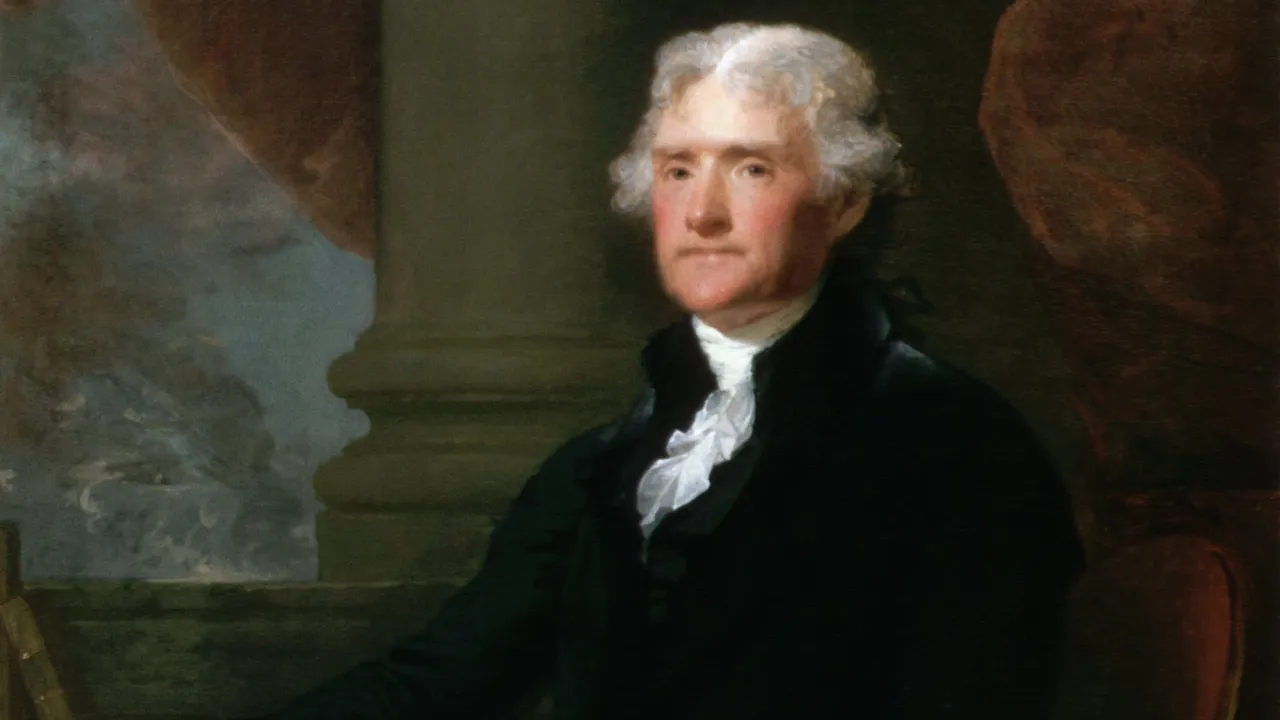
Thomas Jefferson wrote in the Declaration that governments derive "their just powers from the consent of the governed".
This serves as a good moral sentiment and general rule, but to apply it to the real world requires some obvious questions involving math. I mean, none of us physically signed on to the US Constitution or our state constitutions or some implied social contract, and in most elections less than half of those governed choose to vote.
Universal consent is obviously impossible in any world worth living in as a human being. We aren't going to find 100% agreement on anything within the size of modern states. I mean, the smallest country in the world (excluding The Vatican), is Tuvalu. It's an island nation in the South Pacific with only 11,000 people or so, and there's not much you can get even that many people grouped by nothing other than geography to agree on without any dissent.
However, if all that's needed for sufficient consent is a simple majority, that comes with it's own set of problems. If all that's necessary to rule over 49% of people is for 51% of people to decree it so, that encourages division, fear, hate, irrationality, and tribalism. It encourages "parties" to divide us all into "us" and "them" in a way that naturally gravitates towards a 50/50 split among those that participate in politics, and it encourages government power to be used to legally impose one set of preferences on the opposing group.
Our founders were no fans of direct democracy, and put constraints on what they viewed as the tyranny of the majority and mob rule in several ways through limitations on government action. However, many of those protections have eroded over time, the rot promoted by the kind of politicians and administrators that a two party system is most likely to produce given a long enough time frame.
When it comes to the market, our system has produced a myriad of niche, serving enumerable expressions of taste from every conceivable type of unique individual, served by constantly shifting innovation and beauty. But when it comes to our politics, we're encouraged to succumb to the basest forms of binary, collectivist group-think, the demonization of fellow human beings with different thoughts or experiences, and a servitude mentality that's hubristic enough to follow leaders who have failed to produce time and again regardless of how much government "power" they've held.
In one way or another, most "consent" to this system. H.L. Mencken once said that "Democracy is the theory that the common people know what they want, and deserve to get it good and hard."
There isn't a law that can address this. Most people have chosen this route for themselves, or dropped out completely to let others choose whichever rulers they liked, believing themselves unaffected or powerless. Sure, there's government actions that could encourage such changes. Ending the first past the post system, ranked choice or approval voting, etc. But those aren't changes that are going to come from within a system that benefits from how things are.
I'm feeling cynical about any prospects of success, and have been for a while despite my continued advocacy. When I support, say, third party candidates or issues and ideas on public policy, I rarely think I'm going to "win". I just want to say that I tried, and I'm not yet ready to escape to the woods up the mountain.